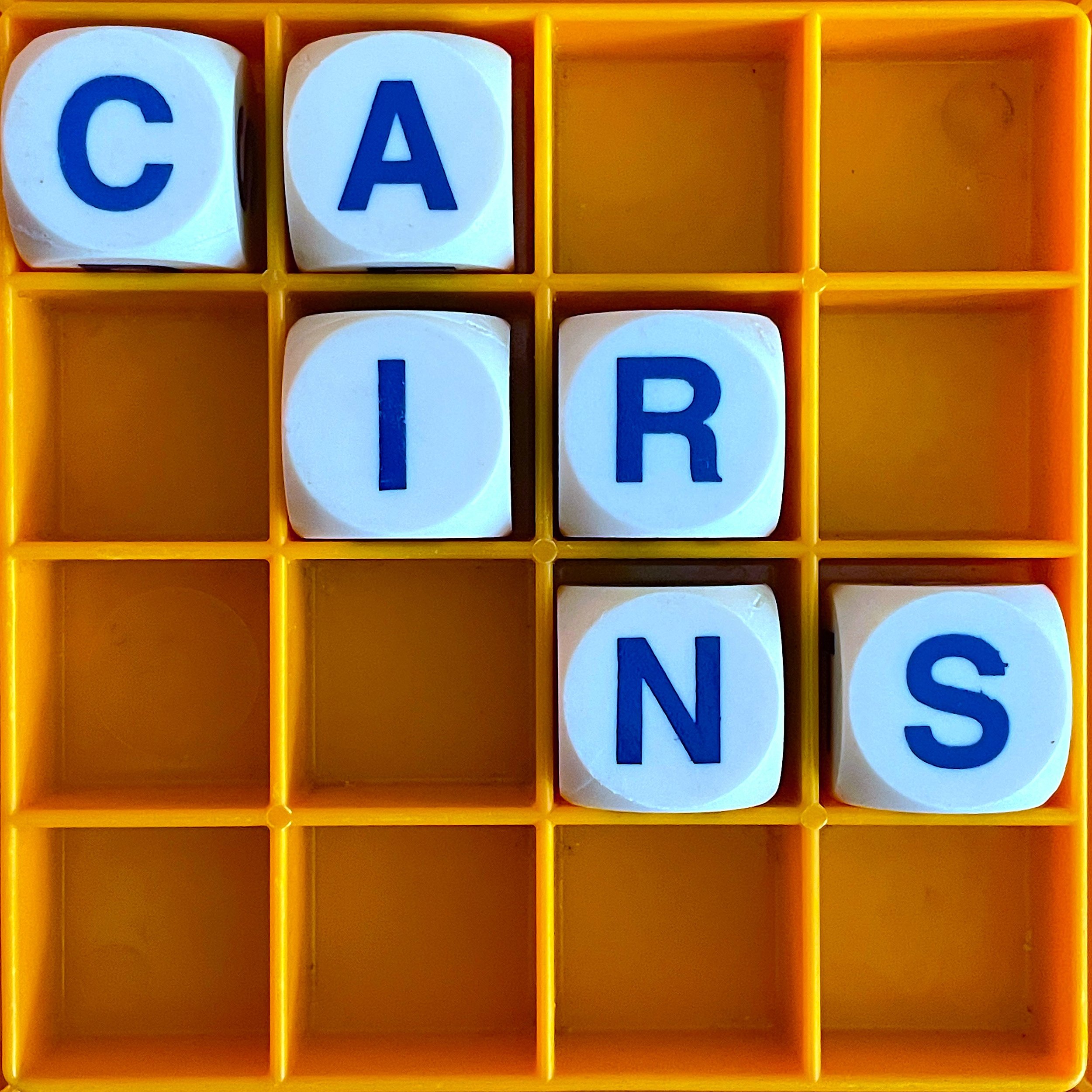LINDSAY ROSE RUSSELL: I don't think James Murray felt like he was alone in making the Oxford English Dictionary. I think he was keenly aware of himself as a part of a very large and many tentacled team. In a lecture he gave in 1900, he talked about every lexicographer as adding their stone to the cairn. You know, cairns like the little things when you go hiking that are piles of stones that tell you you're still on the right path. So I think Murray understood his own work as contributing to a larger lexicographical project where he was not a lone dictionary maker in the effort of dictionary making more grandly. But, I don't know; in history, I think it's easier to tell the story of a singular man. Because of course it's easier to tell the story of a singular man, as opposed to the story of thousands of people working on a single dictionary and doing all different kinds of things.
Read moreAllusionist 17: Fix, part I - transcript
Most of the questions I get asked about the English language can be boiled down to this: why is English such an idiosyncratic mess? And why has nobody tried to sort it out?
Well, some people did kind of try. For hundreds of years, English had been a swirling concoction full of Latin, German and French thanks to all the invasions of Britain, plus words English had nicked from other languages, all refusing to behave regularly or obey rules consistently, and riddled with silent Gs.
300 or so years ago, some decided they had HAD ENOUGH.


